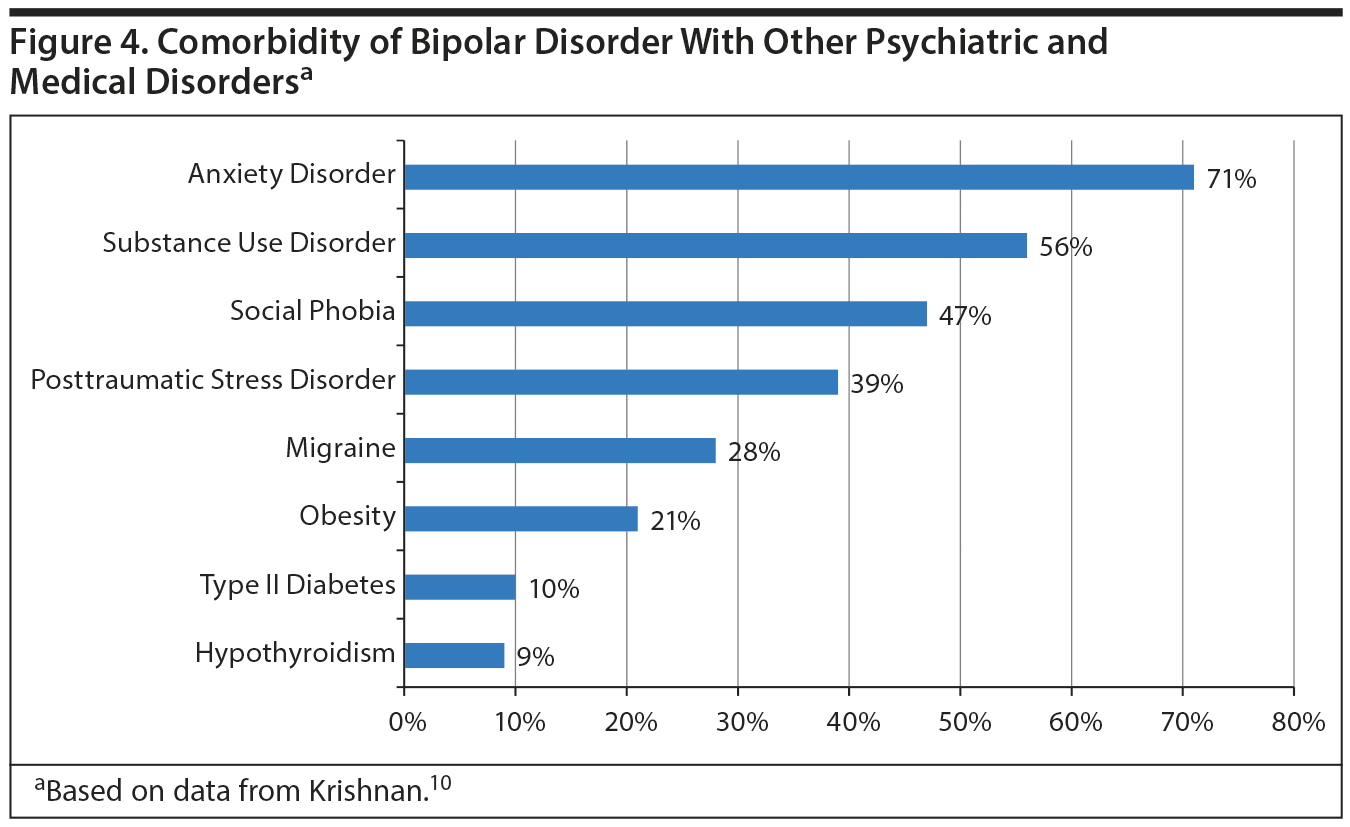Objective: Epidemiologic studies have demonstrated that a history of depression increases the risk of developing Alzheimer’s disease, particularly among individuals with early-onset depression. On the other hand, recent studies have suggested that a higher amyloid-β protein (Aβ)40 to Aβ42 ratio may be associated with the future onset of Alzheimer’s disease. Our objective was to assess whether the pathophysiology of early-onset depression may involve or affect Aβ metabolism.
Method: In this extension of a case-control pilot study, 193 inpatients with DSM-IV major depressive disorder (MDD) (mean age = 55.9 years) from the Juntendo Koshigaya Hospital, Saitama, Japan, and 413 healthy controls from the community (mean age = 56.6 years) were recruited between May 2004 and April 2009. Serum Aβ40 and Aβ42 levels, Aβ40/Aβ42 ratio, and other clinical and biological factors were compared between controls and patients in 3 age groups: young (< 40 years), middle-aged (≥ 40 to < 65 years), and elderly (≥ 65 years). Depressive symptoms were assessed with the Hamilton Depression Rating Scale. All patients were receiving antidepressant medication at the time of the study, and doses of current antidepressants were converted to an equivalent imipramine dose.
Results: The serum Aβ40/Aβ42 ratio was significantly higher in MDD patients than controls in all age groups (young: P = .003; middle-aged: P < .001; elderly: P = .006). These differences were also observed in noncarriers of the apolipoprotein E ε4 allele.
Conclusions: Our findings suggest that Aβ metabolism may be affected in depression; these findings also possibly answer the question of why even early-onset depression is a risk factor for developing Alzheimer’s disease.
J Clin Psychiatry
© Copyright 2011 Physicians Postgraduate Press, Inc.
Submitted: December 7, 2010; accepted May 31, 2011.
Online ahead of print: November 15, 2011 (doi:10.4088/JCP.10m06766).
Corresponding author: Hajime Baba, MD, Juntendo University Mood Disorder Project, Department of Psychiatry, Juntendo Koshigaya Hospital, Fukuroyama 560, Koshigaya-shi, Saitama 343-0032, Japan ([email protected]).
Continue Reading...
Members enjoy unlimited free PDF downloads as part of their subscription! Subscribe today for instant access to this article and our entire library in your preferred format. Alternatively, you can purchase the PDF of this article individually.
Please sign in or purchase this PDF for $40.00.
Save
Cite
Already a member? Login



